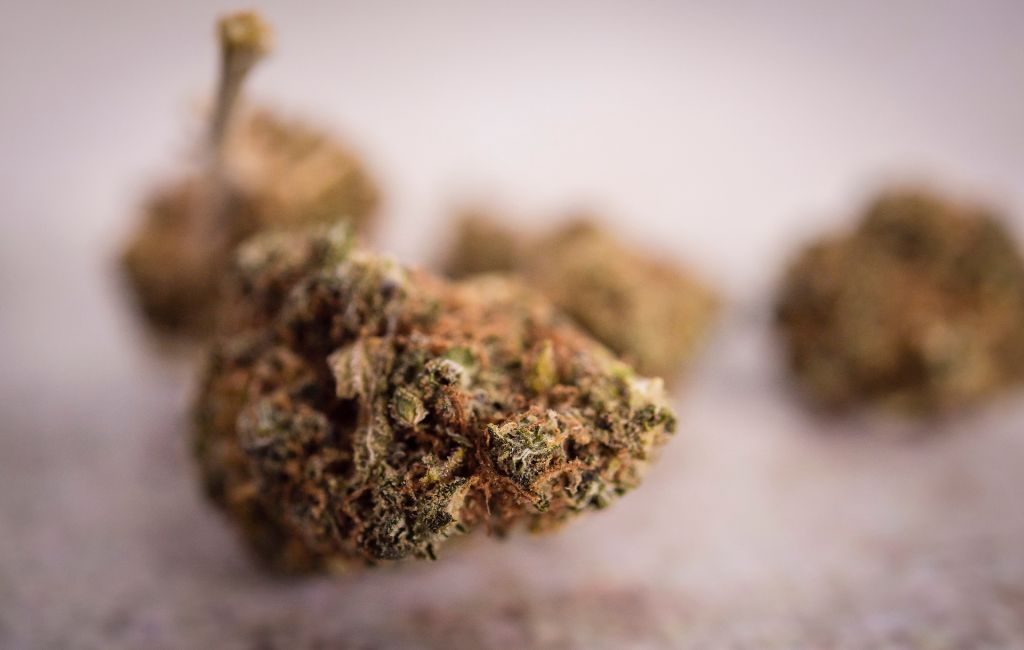THCa Flower for Natural Pain Relief
In recent years, the exploration of alternative pain relief methods has gained significant momentum. Among these, THCa flower has emerged as a promising option for those seeking natural solutions. This article delves into the potential of THCa flower as a natural pain reliever, examining its properties, benefits, and real-world applications.
Understanding THCa: The Precursor to THC
THCa, or tetrahydrocannabinolic acid, is a non-psychoactive cannabinoid found in raw cannabis plants. Unlike THC, which is known for its psychoactive effects, THCa does not produce a “high.” This makes it an attractive option for individuals seeking the therapeutic benefits of cannabis without the mind-altering effects.
THCa is the acidic precursor to THC. When cannabis is heated through smoking, vaping, or cooking, THCa undergoes decarboxylation, converting into THC. This transformation is what typically leads to the psychoactive effects associated with cannabis consumption.
The Therapeutic Potential of THCa
Research into the therapeutic properties of THCa is still in its early stages, but preliminary findings suggest several potential benefits:
- Anti-inflammatory properties: THCa has shown promise in reducing inflammation, which is a common cause of pain in conditions such as arthritis and fibromyalgia.
- Neuroprotective effects: Some studies indicate that THCa may help protect brain cells, potentially offering benefits for neurodegenerative diseases.
- Antiemetic properties: THCa may help reduce nausea and vomiting, making it a potential option for patients undergoing chemotherapy.
Case Studies and Real-World Applications
Several anecdotal reports and case studies highlight the potential of THCa flower in pain management. For instance, a study published in the Journal of Pain Research explored the effects of THCa on patients with chronic pain. Participants reported a significant reduction in pain levels after incorporating THCa into their treatment regimen.
Another case study focused on a patient with rheumatoid arthritis who experienced substantial pain relief and improved mobility after using THCa-rich cannabis. These real-world examples underscore the potential of THCa as a natural pain relief option.
How to Use THCa Flower for Pain Relief
For those interested in exploring THCa flower for pain relief, several consumption methods are available:
- Raw consumption: Consuming raw cannabis leaves or flowers in smoothies or salads preserves the THCa content, allowing users to benefit from its therapeutic properties without psychoactive effects.
- Tinctures and oils: THCa tinctures and oils offer a convenient way to incorporate THCa into daily routines. These products can be taken sublingually or added to food and beverages.
- Topicals: THCa-infused creams and balms can be applied directly to the skin, providing localized pain relief for conditions such as arthritis or muscle soreness.
Legal Considerations and Accessibility
The legal status of THCa varies by region, as it is often classified alongside THC. In areas where cannabis is legal for medical or recreational use, THCa products are generally more accessible. It’s advisable to research local regulations and consult with healthcare professionals before incorporating THCa into a pain management plan.
Potential Side Effects and Precautions
While THCa is generally considered safe, some individuals may experience mild side effects, such as dry mouth or dizziness. It’s recommended to start with a low dose and gradually increase as needed. Consulting with a healthcare provider can help tailor the approach to individual needs and conditions.
Conclusion
THCa flower presents a promising avenue for natural pain relief, offering potential benefits without the psychoactive effects of THC. As research continues to unfold, THCa may become an increasingly viable option for those seeking alternative pain management solutions. By understanding its properties, benefits, and applications, individuals can make informed decisions about incorporating THCa into their wellness routines.
